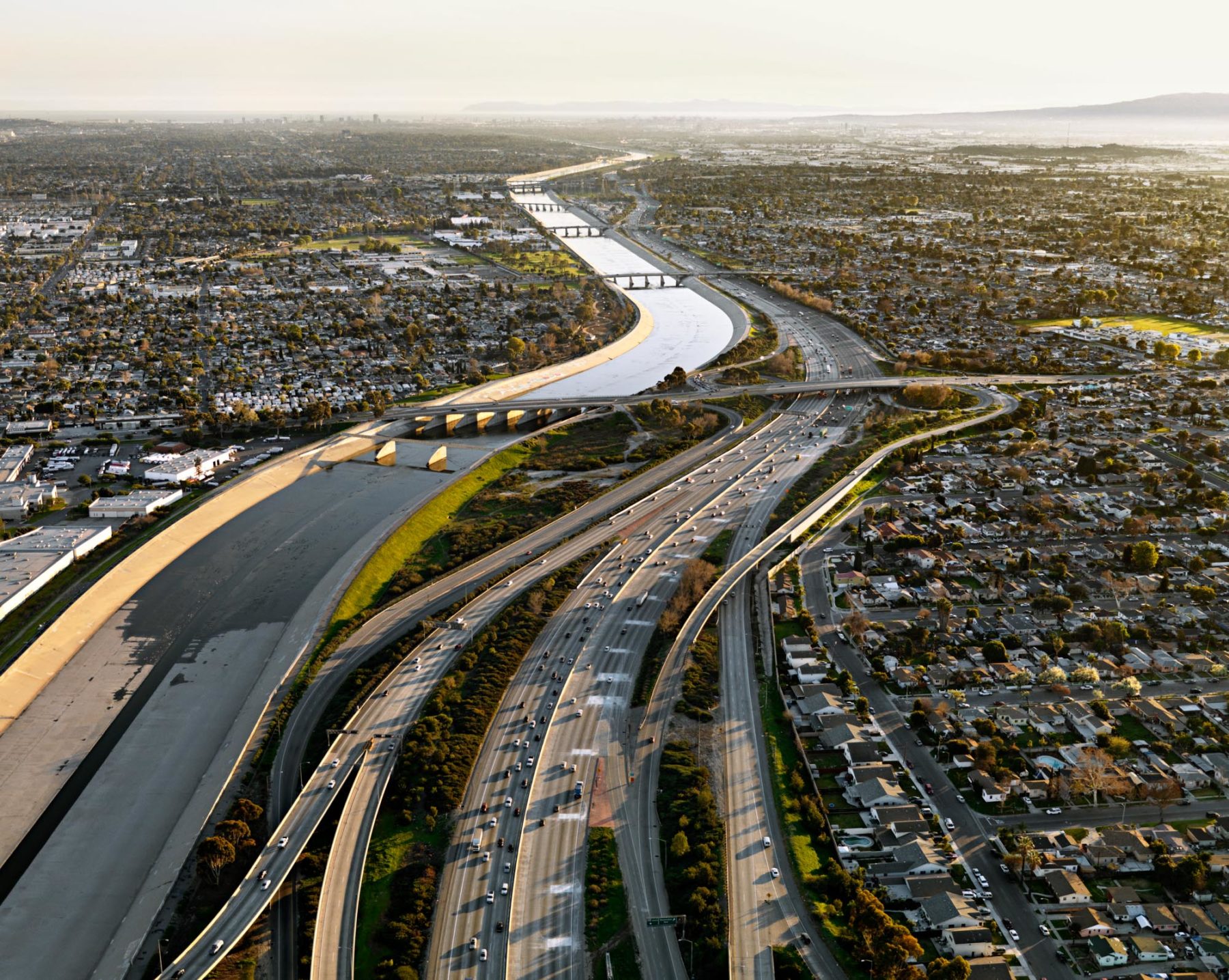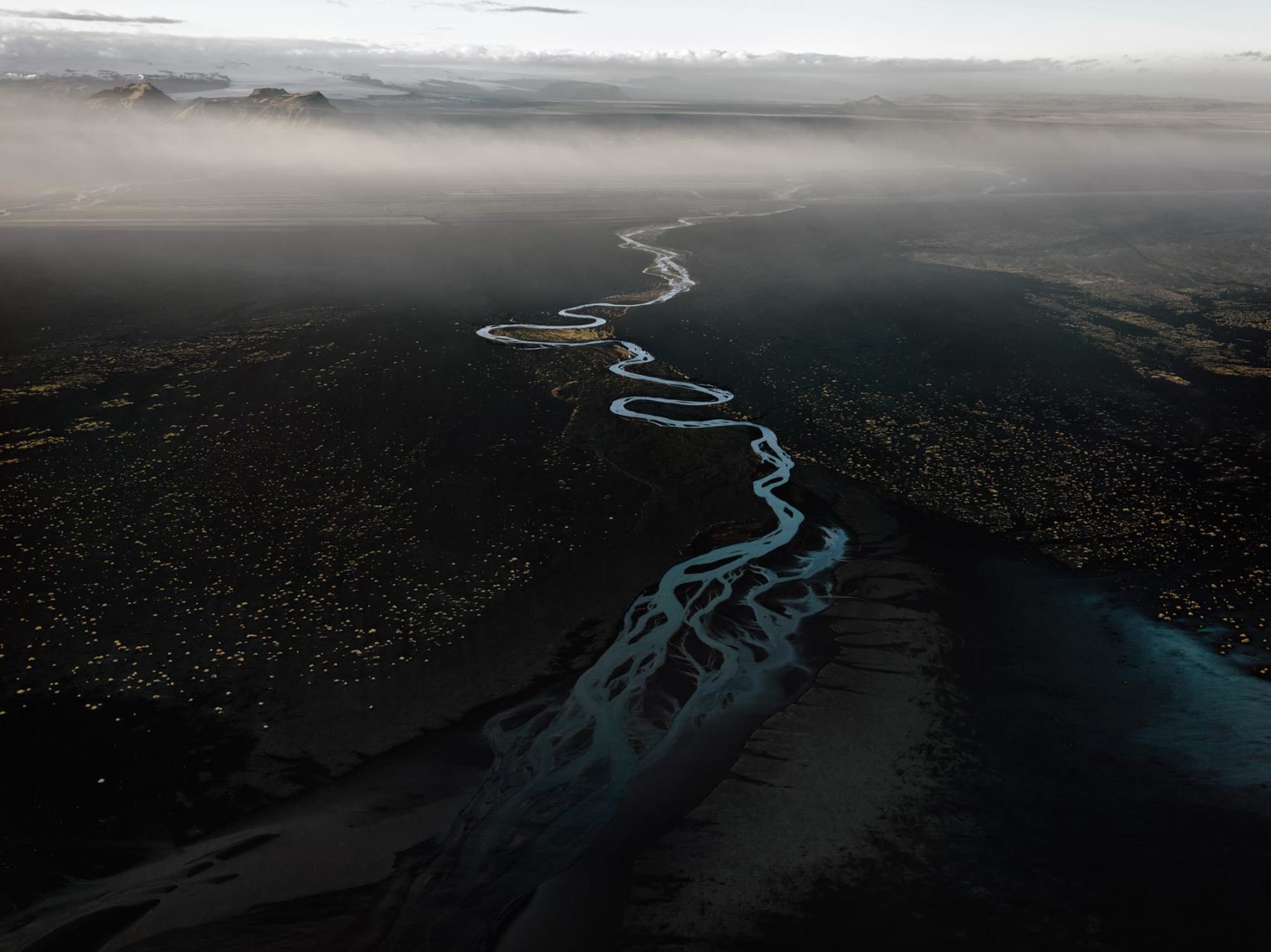Our impact, writ large

The very fabric of our daily lives; the clothes we wear, the food we eat, the homes we inhabit and the cars we drive depend upon vast global supply chains that in turn rely on the exploitation of human and natural resources to create and maintain. The irony of Burtynsky’s large-scale depictions of humanity’s impact on the planet is that his images are absorbing, mesmerising and often jaw-droppingly beautiful.
A major new public multimedia installation featuring his work will open in Sydney in August, and the man himself will be there to present a series of talks and events at the Australian Museum in partnership with Sydney Festival. Projected across three 9m screens, In the Wake of Progress will illuminate Oxford Street’s Taylor Square in Darlinghurst from 26 August–18 September 2022. The 22-minute immersive experience will unfold to an original soundtrack by award-winning composer, Phil Strong, produced by legendary Canadian music producer, Bob Ezrin.
In the Wake of Progress brings together works from Burtynsky’s 40-year career during which he has documented the largest examples of human endeavour, shot in high resolution on large format cameras – nature transformed by industry, as he describes it. He’s travelled the world in search of subjects such as colossal open-pit mines, including Kalgoorlie’s super pit, huge quarries, mega factories with not a human in sight, deforested landscapes, massive dams and more, shooting them from above and then exhibiting them at scale. His scenes are confronting yet beautiful.
“It’s a dangerous beauty,” says Burtynsky. “I think there’s great intelligence, beauty and ingenuity present in the robotics that I show and in the metropolises we’ve built. It’s not without human creativity and passion, know-how, history and technological innovation, but it’s just too much of a good thing. We’ve tipped the scale. We’ve gone too far. The population explosion has caught up with us.
“If there was only a million of us, it would be a different story. The planet could absorb it. But because there’s so many of us, and everybody wants the same things, it has put us at odds with what the planet can provide, whether it’s fish from the sea, trees from the forest or water from the rivers.”
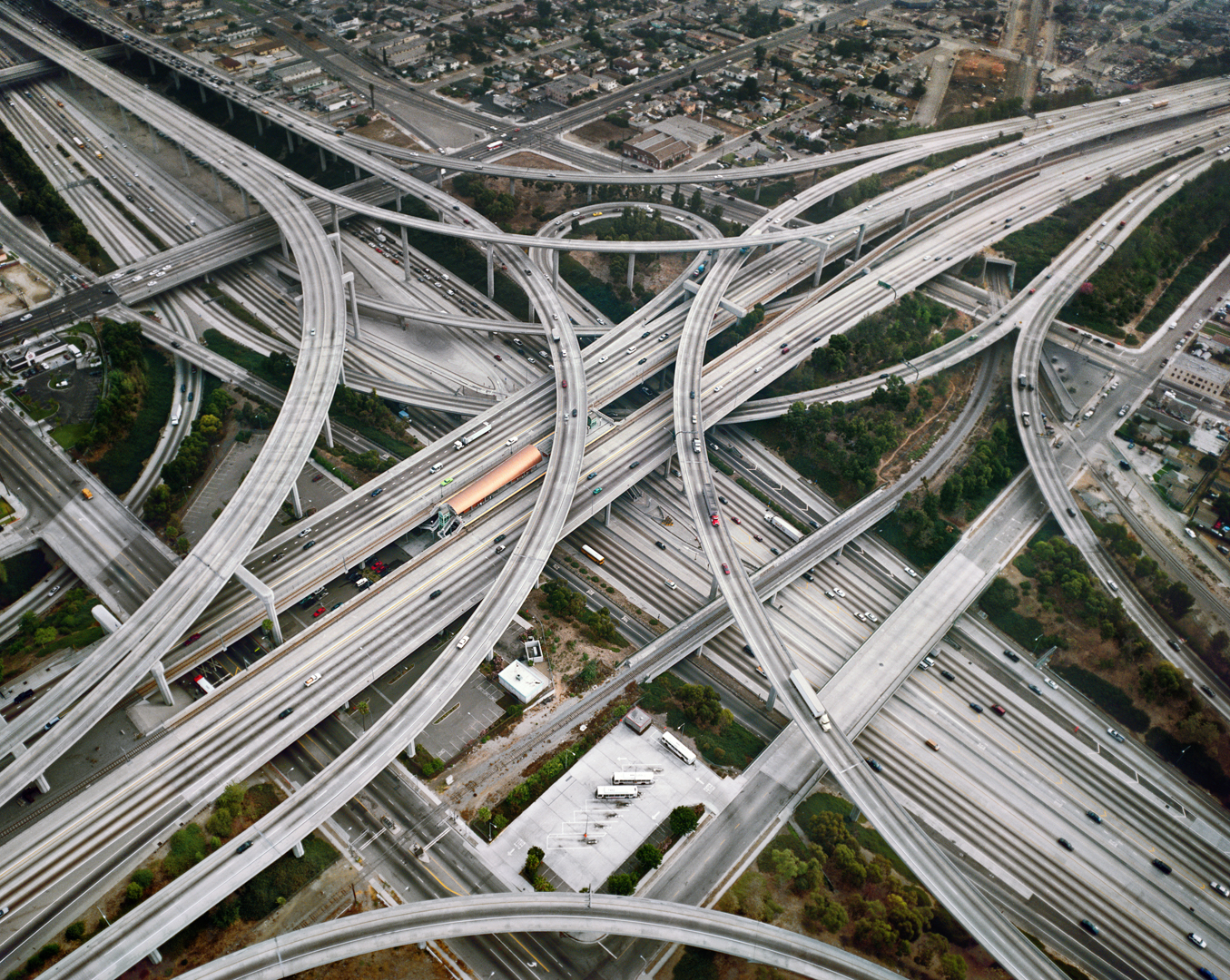
Australia’s lucrative extractive industries have been the focus of Burtynsky’s work on multiple occasions and he plans to return to Australia in the near future to cover the coal mining industry here.
“My work has addressed for 40 years the scale of our taking from nature…so Australia features pretty heavily in the piece because I went to Australia in 2006 and 2007 and did a whole series on mining in Western Australia,” he says.
He hopes the experience of In the Wake of Progress will be revelatory rather than accusatory. “It’s really meant to wake up your empathy gene for what is being lost to our success. It’s a visual poem to all the things in nature that allow us to have the life we have but that are now at risk.”
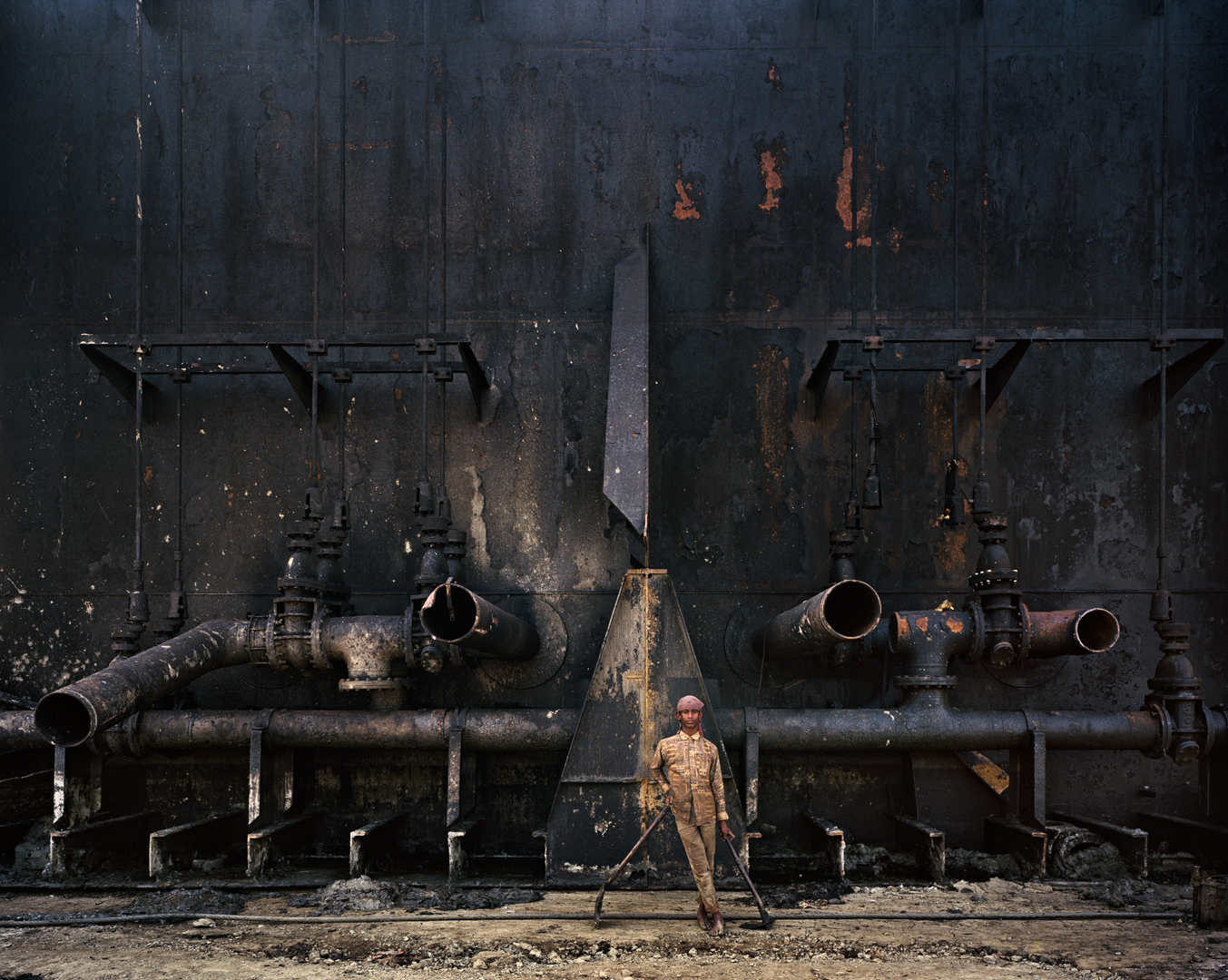
From perilous shipbreaking in Bangladesh to toxic tailings dams in Ontario, audiences are invited to lose themselves in the hypnotic patterns and epic panoramas of our planet – both the natural and unnatural. Burtynsky’s images and footage tell a confronting story of our influence on Earth. They urge us to rethink our legacy and challenge us to seek a more sustainable future. It’s ultimately a vision of hope.
In the Wake of Progress will illuminate Oxford Street’s Taylor Square in Darlinghurst, Sydney, from 26 August–18 September 2022.
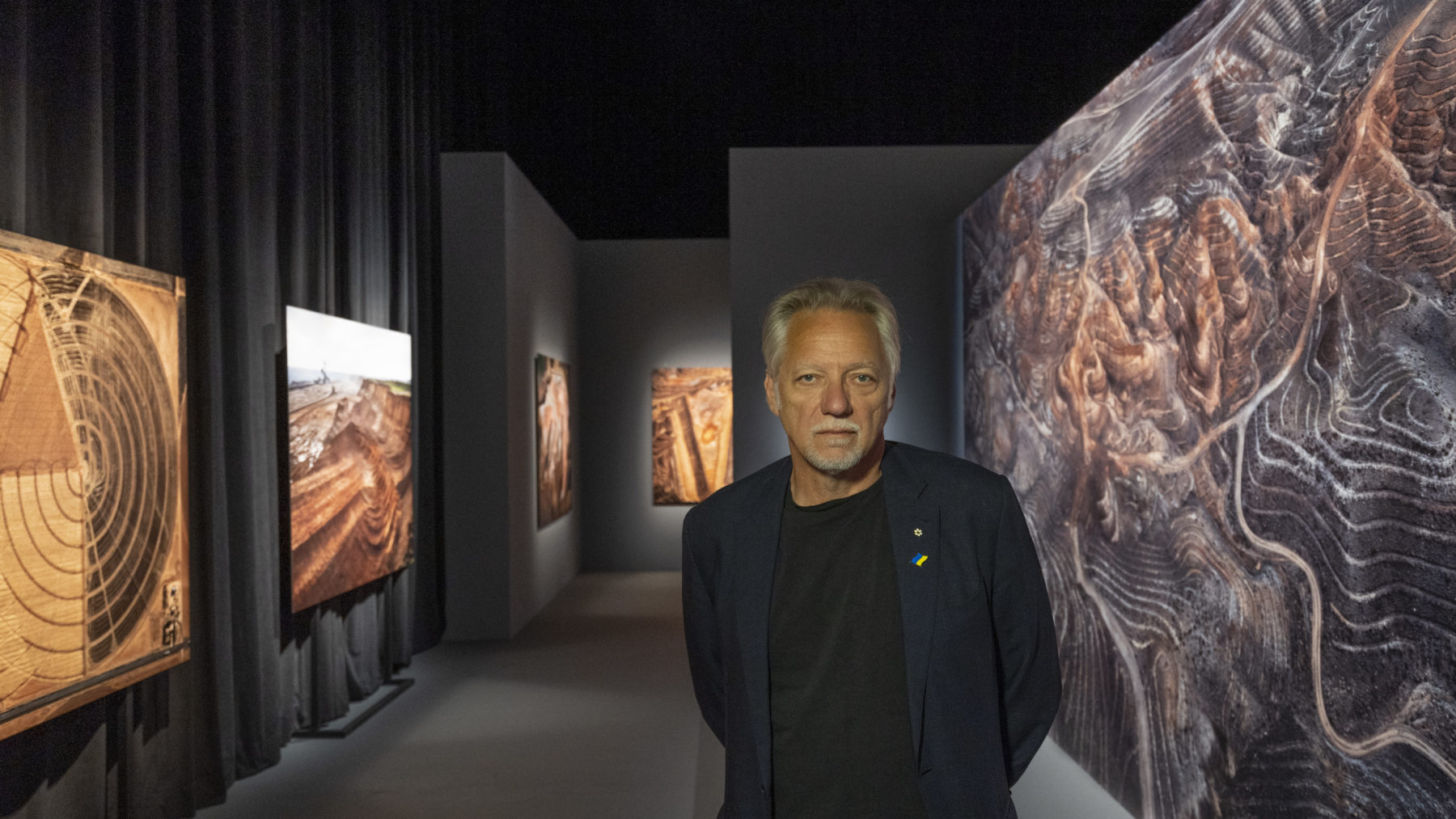
In the Wake of Progress Talks Series at the Australian Museum
Edward Burtynsky in Conversation
Thursday 1 September – 7.30pm
Hear about the life and work of this extraordinary artist in his own words when he settles in for a conversation with ABC Radio’s James Valentine.
LIVE STREAM THIS EVENT HERE:
https://vimeo.com/event/2388302
Radical Change for a Net Zero Future
Friday 2 September 11am
Value systems, corporate structures and energy innovation come under the microscope as an illustrious panel urgently seeks pathways to global sustainability. Join host Craig Reucassel (War on Waste) in conversation with award winning environmental photographer Edward Burtynsky, Natalie Isaacs, Founder and CEO of 1 Million Women, and Diana Callebaut, Global Head of Investments at Pollination for a solution-focused discussion on climate action and reaching a sustainable future.
The Power of Photography
Saturday 3 September – 11am
Scientific data and statistics alone can’t connect with people – but photography can. It bridges almost any gap, transcending cultural, social and political barriers to evoke emotional responses and remind us that protecting nature today means a better planet for future generations. Join host Daniel Browning with acclaimed Canadian photographer Edward Burtynsky, the 2022 Australian Geographic Nature Photographer of the Year (announced 25 August), and curator and artist Dr Kristen Wehner of the National Museum of Australia, whose practice centres around transforming people’s relationships with the non-human world.
Sustainable Fashion: The Next Frontier
Saturday 3 September – 2pm
Every second, the equivalent of one garbage truck of textiles is landfilled or burned globally.
The rise of fast fashion has dramatically accelerated global production and carbon output. Today, textile waste accounts for 92 million tonnes annually with predictions of 148 tonnes per annum by 2030. So how do you slow down a clothing juggernaut, and temper the consumer’s obsession with everything new? ABC’s Edwina Throsby hosts a panel discussion with three women working at the forefront of sustainable alternatives, Vice Chair of the Social Outfit, Amy Low, and designer Bianca Spender.
